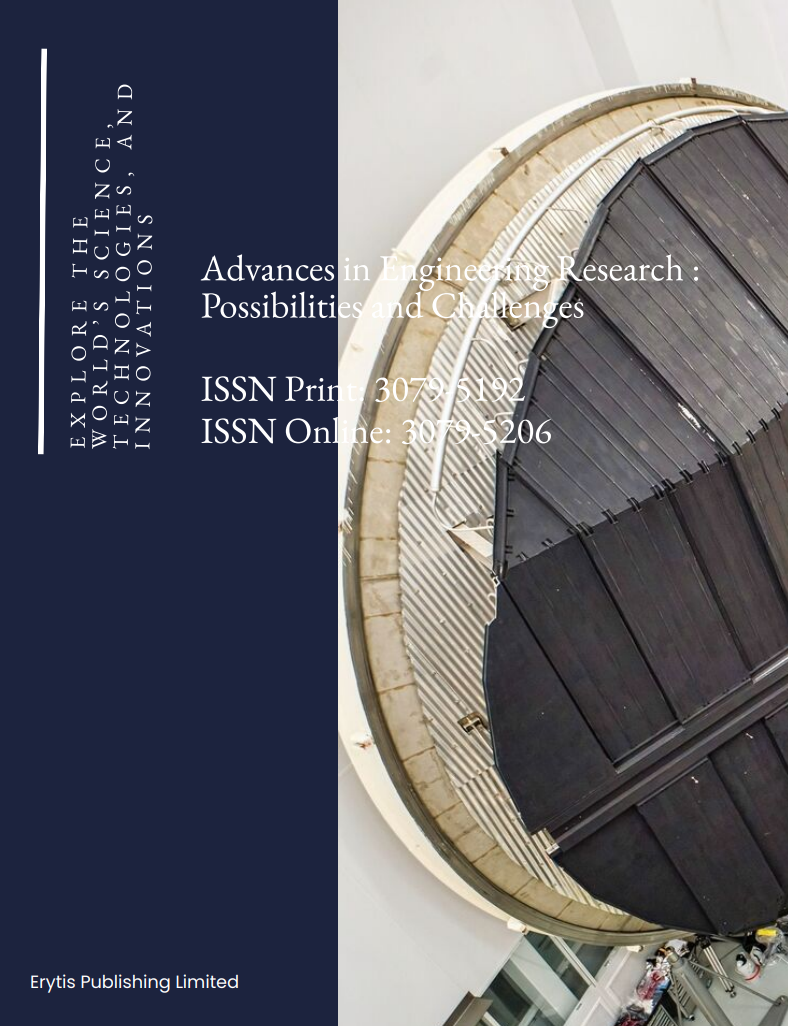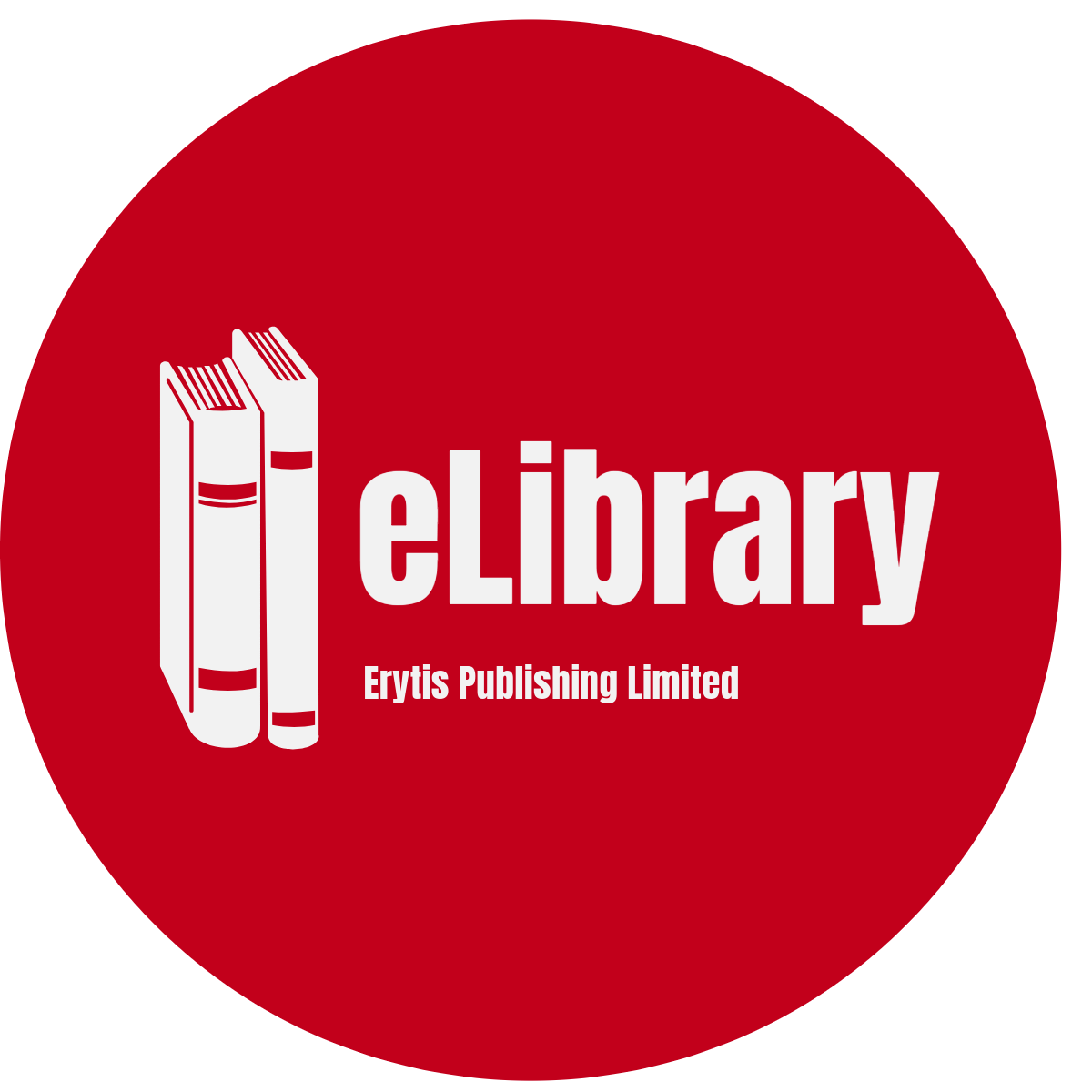
HOME
Advances in Engineering Research: Possibilities and Challenges (ISSN Print: 3079-5192, ISSN Online: 3079-5206) is an international peer-reviewed journal dedicated to advancing cutting-edge engineering research while addressing the complex challenges and transformative opportunities within modern engineering disciplines. The journal serves as a dynamic platform for researchers, engineers, policymakers, and industry leaders to share innovative solutions, theoretical breakthroughs, and practical applications that drive technological progress and sustainable development.
Scope and Topics
The journal welcomes submissions across all engineering fields, with a focus on interdisciplinary research and emerging trends. Key areas include but are not limited to:
Core Engineering Disciplines:
Mechanical, Civil, Electrical, Chemical, Aerospace, Biomedical, Environmental, and Materials Engineering.
Emerging Technologies:
Artificial Intelligence in Engineering, Robotics, Nanotechnology Energy Systems, Smart Manufacturing, IoT, and Quantum Computing.
Cross-Cutting Themes:
Sustainable Engineering Practices, Climate-Resilient Infrastructure, Ethical AI Applications, Engineering Education Innovation, and Global Collaboration in Technology Development.
Challenges and Solutions:
Case studies addressing real-world engineering problems, risk management, safety protocols, and scalability of innovative technologies.
Journal Features
Rigorous Peer Review: All submissions undergo a double-blind review process to ensure scientific validity, originality, and relevance.
Global Perspective: Encourages contributions from diverse geographical and cultural contexts, highlighting region-specific challenges and global engineering synergies.
Innovation-Driven: Prioritizes research that bridges theoretical advancements with practical implementation, fostering collaboration between academia and industry.
Open Dialogue: Publishes original research articles, comprehensive reviews, technical notes, and visionary perspectives to stimulate academic and professional discourse.
Target Audience
The journal caters to academic researchers, engineering practitioners, technology startups, policymakers, and graduate students seeking insights into the latest engineering innovations, methodologies, and policy frameworks.
Submission Guidelines
Authors worldwide are invited to submit unpublished, original work through the journal’s online submission system. Submissions must adhere to ethical standards and follow the journal’s formatting template (available on the website). Manuscripts may include:
Original research articles
Review papers
Case studies
Short communications
Perspectives on future engineering trends
Multilingual Support: While English is the primary language, submissions in other major languages (with an English abstract) may be considered to promote inclusivity.
Publication and Accessibility
Hybrid Model: Offers both Open Access (OA) and subscription-based options to maximize reach and impact.
Rapid Dissemination: Accepted papers are published online immediately upon final editing.
Advances in Engineering Research: Possibilities and Challenges invites the global engineering community to explore frontiers, confront challenges, and co-create a future powered by innovation and collaboration. Join us in shaping the next era of engineering excellence!



Erytis Publishing Limited
Always Open for Submissions
Peer-review
Online First
Open Access
Your work will be permanently available online, free to download, share and read
 Copyright © 2025 by authors and Erytis Publishing Limited.
Copyright © 2025 by authors and Erytis Publishing Limited.
Copyright and Licensing
Articles published by Erytis Publishing Limited journals are under a Creative Commons Attribution 4.0 International (CC BY 4.0) (https://creativecommons.org/licenses/by/4.0/) license, allowing users to copy, distribute and transmit an article and adapt the article and make commercial use of the article. The CC BY license permits commercial and non-commercial re-use of an open access article, as long as the author is properly attributed. This ensures that the work gets maximum exposure, and the authors receive due credit for their contribution.
Copyright on any open access article published by Erytis Publishing Limited is retained by the author(s). Authors grant Erytis Publishing Limited a license to publish the article and identify itself as the original publisher. Authors also grant any third party the right to use the article freely as long as its original authors, citation details and publisher are identified.












